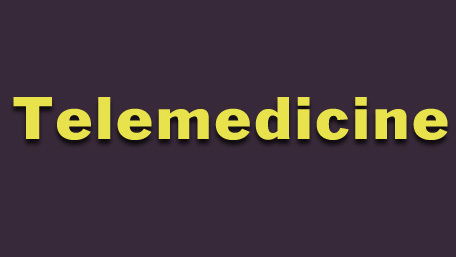
08/03/2022
Hot Topics of the Day are picked by experts to capture the latest information and publications on public health genomics and precision health for various diseases and health topics. Sources include published scientific literature, reviews, blogs and popular press articles.
Sign up MyPHGKB to receive the daily hot topic email alert.
Archived Hot Topics of the Day By Date
Association of Receiving a Fourth Dose of the BNT162b Vaccine With SARS-CoV-2 Infection Among Health Care Workers in Israel.
Cohen Matan J et al. JAMA network open 2022 8 (8) e2224657
Covid-19: is omicron less lethal than delta?
Lorenzo-Redondo Ramon et al. BMJ (Clinical research ed.) 2022 8 o1806
Neutralization of SARS-CoV-2 Omicron sublineages by 4 doses of mRNA vaccine
X Xie et al, BIORXIV, July 29, 2022
Coronaviruses exploit a host cysteine-aspartic protease for replication
H Chu et al, Nature, August 3, 2022
Heart disease after COVID: what the data say
SM Sidik, Nature, August 2, 2022
Cardiovascular safety of COVID-19 vaccines in real-world studies: a systematic review and meta-analysis
Y Chang et al, MEDRXIV, August 2, 2022
Association of SARS-CoV-2 BA.4/BA.5 Omicron lineages with immune escape and clinical outcome
JA Lewnard et al, MEDRXIV, August 2, 2022
Development, testing and validation of a SARS-CoV-2 multiplex panel for detection of the five major variants of concern on a portable PCR platform
BJ Stanhope et al, MEDRXIV, August 2, 2022
Limited induction of lung-resident memory T cell responses against SARS-CoV-2 by mRNA vaccination
DKJ Pieren et al, MEDRXIV, August 2, 2022
Metabolic control by the microbiome.
Cox Timothy O et al. Genome medicine 2022 7 (1) 80
Universal screening for familial hypercholesterolemia in 2 populations.
Sustar Ursa et al. Genetics in medicine : official journal of the American College of Medical Genetics 2022 8
Comprehensive genomic and epigenomic analysis in cancer of unknown primary guides molecularly-informed therapies despite heterogeneity.
Möhrmann Lino et al. Nature communications 2022 8 (1) 4485
Diagnostic accuracy of telemedicine for detection of surgical site infection: a systematic review and meta-analysis
R Lathan et al, NPJ Digital Medicine, August 3, 2022
Circulating tumor DNA to guide rechallenge with panitumumab in metastatic colorectal cancer: the phase 2 CHRONOS trial.
Sartore-Bianchi Andrea et al. Nature medicine 2022 8
Disclaimer: Articles listed in Hot Topics of the Day are selected by Public Health Genomics Branch to provide current awareness of the scientific literature and news. Inclusion in the update does not necessarily represent the views of the Centers for Disease Control and Prevention nor does it imply endorsement of the article's methods or findings. CDC and DHHS assume no responsibility for the factual accuracy of the items presented. The selection, omission, or content of items does not imply any endorsement or other position taken by CDC or DHHS. Opinion, findings and conclusions expressed by the original authors of items included in the Clips, or persons quoted therein, are strictly their own and are in no way meant to represent the opinion or views of CDC or DHHS. References to publications, news sources, and non-CDC Websites are provided solely for informational purposes and do not imply endorsement by CDC or DHHS.
- Page last reviewed:Feb 1, 2024
- Page last updated:Apr 21, 2024
- Content source:







